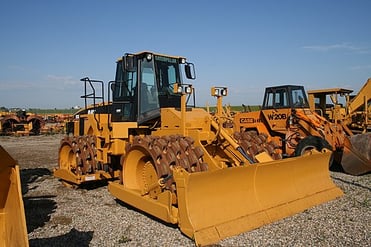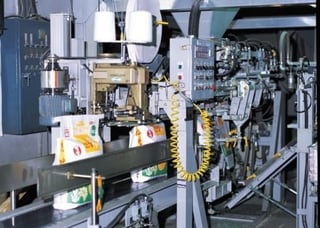
Forced Liquidation Value (FLV) is a type of appraisal premise commonly used in equipment valuation, particularly when the sale of the machinery needs to happen quickly, often under distressed conditions. FLV typically reflects the price that equipment would sell for under less-than-ideal conditions, such as a short sale period, limited buyer interest, or an auction. A typical time frame to complete a sale would be 60-90 days.
Here are some situations when using FLV in equipment appraisal may be appropriate:
Bankruptcy or Foreclosure
When a company is going through bankruptcy or foreclosure, assets may need to be sold fast to pay off creditors. In these cases, FLV provides a realistic estimate of what the equipment might sell for under the pressure of time.
Loan Defaults and Distressed Sales
If a borrower defaults on a loan, the lender might repossess the equipment and sell it to recover losses. FLV is used because the sale is usually time-sensitive, and the market conditions may not be favorable. When an organization needs to sell its assets quickly due to financial difficulties or liquidation, FLV is estimated to reflect the urgency and the likely lower price that will be realized under such conditions.
Asset-Based Lending
In asset-based lending, where equipment serves as collateral, the lender may use the FLV to calculate the amount of the loan, since, in case of default, the equipment might have to be sold quickly.
Auctions
When equipment is sold at an auction, particularly in distressed situations, FLV is relevant because the assets are sold all over a 1–2-day period, with a short window to advertise the sale. The bidding process might very well result in lower prices compared to private sale conditions.
Business Closure or Downsizing
When a business is closing down or downsizing and needs to sell off equipment immediately, FLV is used to estimate the expected return in a forced sale situation.
In summary, FLV is most appropriate when an immediate liquidation is expected, and these circumstances prevent a seller from marketing over an extended period to get the best possible price.





